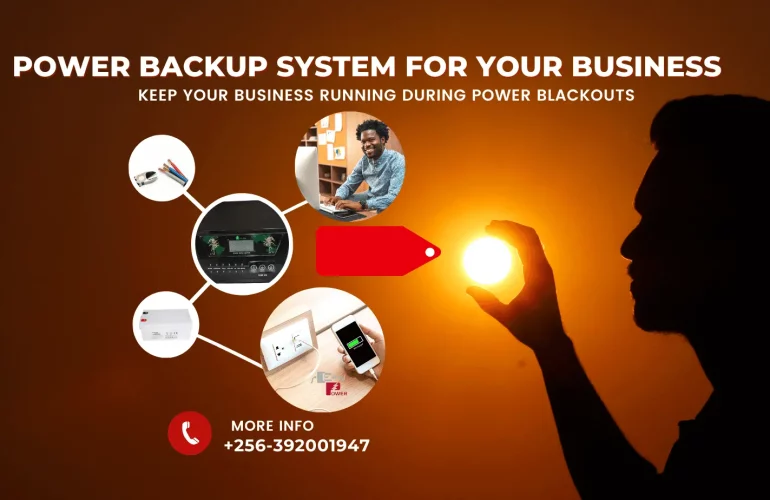The Ultimate Guide to Backup Power Sources for Outages
In today’s world, where power outages are becoming more prevalent owing to reasons such as harsh weather, grid failures, and even cyber attacks, having a dependable backup power source is critical. In this detailed guide, we will look at the finest backup power sources available to maintain consistent power supply during outages.
Solar Power Systems
Solar power systems have emerged as one of the most reliable backup power sources for outages. By harnessing energy from the sun, solar panels generate electricity which can be stored in batteries for later use.
These systems offer several advantages:
- Reliability: Solar power systems provide consistent energy production, even during prolonged outages, making them highly reliable.
- Cost-effectiveness: While the initial investment may be higher, solar power systems offer long-term cost savings by reducing or eliminating electricity bills.
- Environmentally Friendly: Solar energy is clean and renewable, making it an environmentally friendly choice for backup power.

Generators
Generators have long been a popular choice for backup power during outages. These devices come in various sizes and types, including portable generators, standby generators, and whole-house generators.
Key benefits of generators include:
- Instant Power: Generators can provide immediate power when the grid goes down, ensuring that essential appliances and devices remain operational.
- Versatility: Generators can be fueled by gasoline, propane, or natural gas, offering flexibility depending on availability and preference.
- High Power Output: Generators can deliver high power output, making them suitable for both residential and commercial applications.
Battery Backup Systems
Battery backup systems, also known as uninterruptible power supplies (UPS), are another effective solution for powering essential equipment during outages. These systems consist of batteries that are charged during normal operation and provide power during outages.
Key features of battery backup systems include:
- Seamless Transition: Battery backup systems can seamlessly switch to battery power when the main power source fails, ensuring uninterrupted operation of critical devices.
- Scalability: Battery backup systems can be easily scaled to accommodate additional batteries or increased power requirements.
- Protection Against Voltage Fluctuations: UPS systems also protect connected devices from voltage fluctuations and power surges, enhancing equipment longevity.
Conclusion
To summarize, having a reliable backup power supply is vital for limiting the impact of outages and assuring the continuous operation of critical equipment. Solar power systems, generators, and battery backup systems are among the main backup power options, with each offering distinct advantages based on specific needs and preferences. Individuals and organizations who invest in the correct backup power system can reduce downtime and retain productivity during outages.




